MADE-3D boasts a consortium comprising 10 countries from across Europe, contributing to our diverse and dynamic project. Explore the details of our consortium members below:
MORE DETAILS
AMIRES, The Business Innovation Management Institute is a non-profit institute that has been founded with the goal to manage national and internal research, development, and innovation projects (R&D&I). ABIMI promotes different funding opportunities for projects, disseminates project results, organises events, as well as develops new methods of data acquisition, processing, visualization, and usability testing. The institute provides strategic and administrative support to high quality international teams to achieve their objectives and facilitates the research-industrial and research-policy making interface. ABIMI follows projects from their initiation and planning, through negotiation, execution, promotion of results, and management to the final stage, where exploitation of new technologies, products or services is facilitated. ABIMI is based in the Czech Republic but provides its services all around Europe. The institute builds its knowledge on the long and successful track record of its founding entity – AMIRES s.r.o.
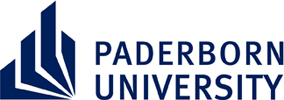
MORE DETAILS

The University of Paderborn is a prominent institution that has made significant contributions to the field of additive manufacturing. As a public research university situated in Paderborn, Germany, it is renowned for its expertise and commitment to technological advancements.
The University of Paderborn is the leading institution as has the coordination role in MADE-3D project. The university is currently focusing on research, development, education, and industry collaboration. It conducts cutting-edge research, collaborates with partners, and provides comprehensive education and training in additive manufacturing. The university support innovation, and it offers knowledge transfer and industry support to promote the adoption of additive manufacturing technologies. The University of Paderborn is driving advancements in materials, processes, and applications, playing a crucial role in shaping the future of additive manufacturing.

MORE DETAILS

Research Institute with focus on production technologies located in Germany. Main research topics in Additive Manufacturing: material qualification, process monitoring, multi-material processing, and new AM technologies
Development of a multi-material powder deposition mechanism in a research project from 2014 to 2017 (together with SLM Solutions). Extensive research on multi-material Additive Manufacturing during the Project Multimaterial Center Augsburg (End of project in March 2023, project budget of ~10 mil. €).Three PBF-LB machines with capabilities for multi-material processing.
Their role in MADE-3D is focused on Material qualification and optimization of transition zones in multi-material parts; Supporting the improvement of the multi-material deposition mechanism for PBF-LB (suction mechanism); Development and evaluation of suitable powder separation techniques for powder mixtures and Printing of test specimen as well as demonstrator parts for the use cases.

MORE DETAILS

F3nice is a Italian company that specializes in providing innovative and high-quality 3D printing solutions. With a strong commitment to pushing the boundaries of additive manufacturing, F3nice offers a range of services and products to meet the diverse needs of their clients.
The company is a forward-thinking company in the 3D printing industry, combining cutting-edge technology, expertise, and a customer-centric approach to provide innovative solutions for a wide range of applications.
In addition to their manufacturing capabilities, F3nice also offers consultancy services, assisting clients in optimizing their additive manufacturing processes and implementing efficient workflows. Their team of experts provides valuable insights and guidance to ensure successful and cost-effective projects.

MORE DETAILS

Questek is a global leader in computational materials design. The SME was formed in 2016 as a joint venture between QuesTek USA and Thermo Calc Software Sweden, with expertise in Materials Science and Metallurgical Engineering. Questek is actively involved in a project that spans multiple work packages. In WP1, they specify tools, materials, and use cases while understanding the requirements and limitations of material systems. In WP2, Questek takes the lead in design and modeling using Integrated Computational Materials Engineering (ICME) technologies to predict process structure-property relationships. They employ computational materials and process design techniques for joining in different use cases and iterate between predictions and experimental validation. Additionally, Questek participates in WP4 by refining the composition and process design. Their expertise in computational materials engineering and process design contributes to the project's advancement in additive manufacturing.
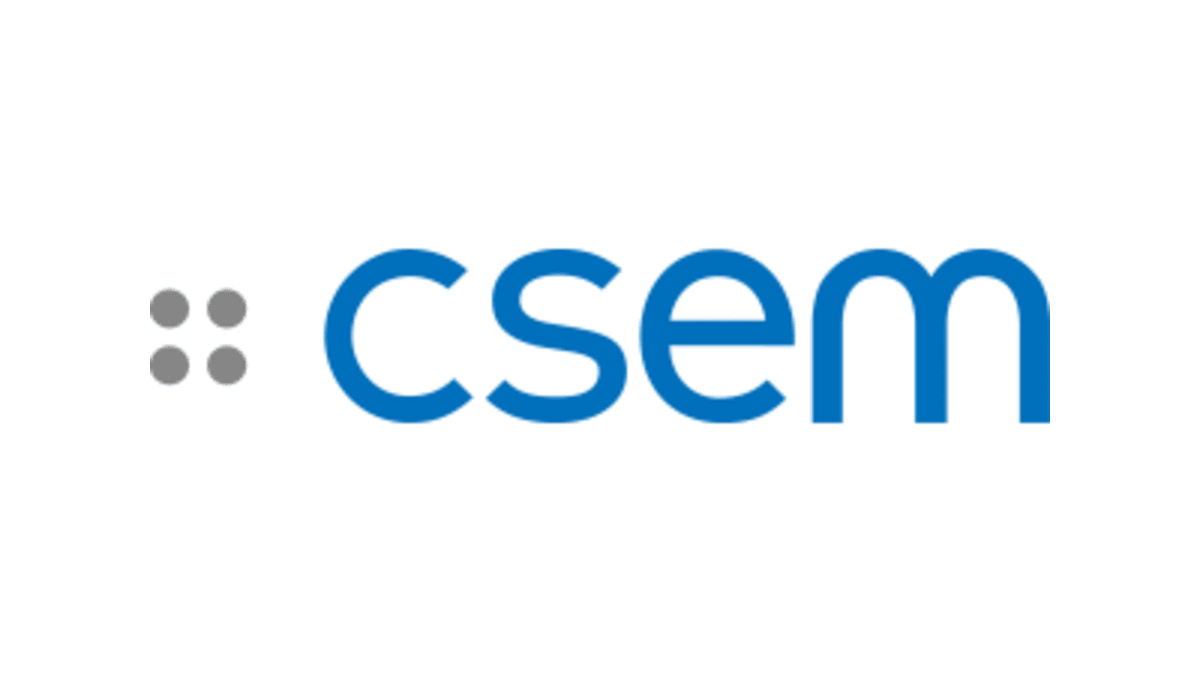
MORE DETAILS

CSEM is an internationally recognized Swiss innovation leader that develops and transfers disruptive technologies with a high societal impact and multiple industry applications. CSEM is a pioneering company dedicated to technological innovation and research. They specialize in microtechnology, nanotechnology, and advanced manufacturing. By collaborating with partners and organizations, CSEM drives technology transfer and real-world applications. Their expertise lies in microelectronic systems, integrated circuits, renewable energy, precision manufacturing, and advanced materials. With a focus on sustainability and pushing the boundaries of what is possible, CSEM shapes the future of technology through groundbreaking research, patents, and successful technology transfers.
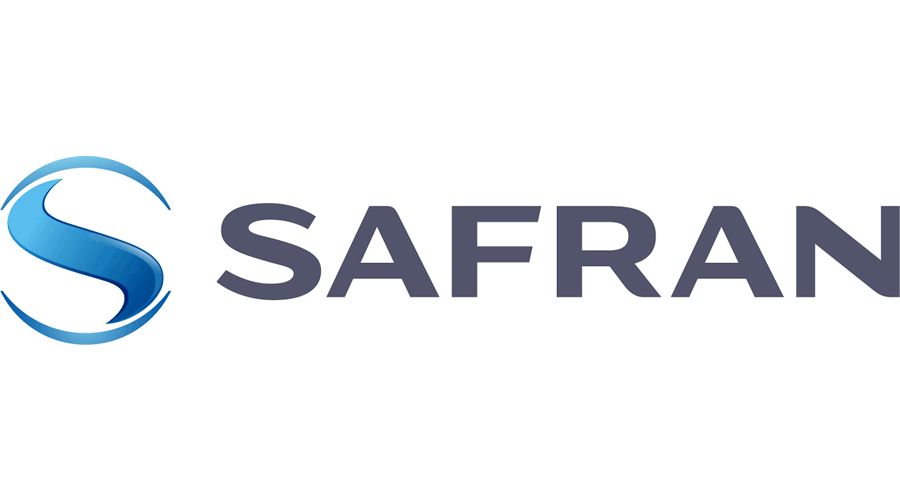
MORE DETAILS

Safran is a French leading international high-technology group operating in the aviation, defense, and space markets. With 79,000 employees and €16 billion in revenues, it is the third-largest aerospace company globally, excluding aircraft manufacturers. Safran's strategic priority is decarbonizing aviation, achieved through disruptive engines, lightweight equipment, sustainable aviation fuels, and hybrid/all-electric aircraft propulsion.
Safran has established the Safran Additive Manufacturing Campus, a center of excellence dedicated to additive manufacturing. The campus encompasses a 12,500 m² plant equipped with 30 printers, high-temperature chemical and finishing capabilities, and a workforce of 110 employees. Additive manufacturing helps reduce environmental impact and has been a focus area for Safran for over 10 years, particularly in electrical applications involving conductive, insulation, magnetic, multi-material, cooling, and magnet components.
Safran plays a significant role in the project by specifying use cases, characterizing powders, defining and validating specimens, conducting lattice structure modeling, performing magnetic characterization, designing and simulating components, and integrating and validating use cases. Their contributions encompass a wide range of activities, ensuring the project's alignment with industry requirements and objectives and delivering high-quality results.

MORE DETAILS

Nikon-SLM, based in Lübeck, Germany, is a pioneering publicly traded company in metal additive manufacturing. They co-invented Selective Laser Melting (SLM) technology and focus on developing and distributing innovative metal additive manufacturing systems. Their achievements include introducing multi-laser systems with industry-leading build rates and patented innovations for increased productivity and system safety. SLM Solutions is also known for their novel multi-material LPBF system, allowing the distribution of two materials in a three-dimensional space within a part. Overall, SLM Solutions is a leader in advancing metal additive manufacturing technology.
SLM Solutions Group AG has a significant role in the project, including optimizing the multi-material LPBF system, developing process parameters for new materials and part designs, defining design guidelines for multi-material LPBF, and printing specimens and demonstrators relevant to specific use cases. Their expertise in additive manufacturing and commitment to advancing multi-material printing contributes to the project's success.

MORE DETAILS

The University of the Aegean takes a leading role in the project by focusing on the costing, environmental impact, and sustainability of multi-material technologies. They also conduct microstructural and mechanical characterizations. The university has been involved in various EU-funded research projects, including those related to aerospace nanotube composites, smart composite molds, and laser beam welding. They have also participated in Greek National Research projects, exploring self-healing mortars, corrosion susceptibility of aluminum alloys, recycling of polymeric foams, and innovative mortars for cultural heritage preservation. With their expertise and diverse research experience, the University of the Aegean contributes valuable insights to the project.
The University of the Aegean (UAegean) plays a key role in the project by leading the sustainability aspect (WP5) and conducting technical investigations (WP4). They collect data from end-users to build the new demonstrators and perform economic and environmental analyses on the multi-material printing process. UAegean also conducts microstructural and mechanical characterizations of Al-Cu printed specimens. Their contributions ensure a focus on sustainability, data analysis, and technical insights for the project's success.
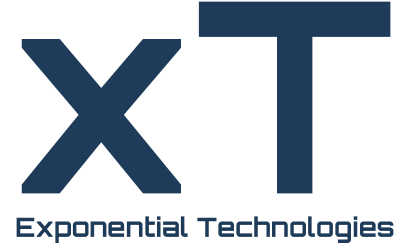
MORE DETAILS

Exponential Technologies is a company located in Riga, Latvia, specializing in industrial machine learning (ML) and data science. They develop data-based digital twins and scalable platforms for various industries. Their customized solutions and consulting services help businesses optimize operations and make informed decisions. Notably, they have achieved a significant advancement in multi-material Laser Powder Bed Fusion (LPBF) through machine learning, enabling LPBF processes to be 200 times faster. Exponential Technologies is a trusted partner for industries seeking ML and data-driven solutions.
Exponential Technologies has a significant role in the project, including supporting the development and optimization of printer parameters using simulations and real experiments. They also develop a customized workflow for multimaterial printer parameter optimization and analyze and visualize gathered data for deeper insights. Additionally, they aim to build a virtual printer, leveraging their expertise in data-based digital twins. Overall, Exponential Technologies contributes to the project's success through their expertise in ML, data science, and digital twin technology.

MORE DETAILS

CEA-Liten is a major European research institute and a driving force behind the development of the sustainable energy technologies of the future. The institute is spearheading the EU’s efforts to limit dependency on fossil fuels and reduce greenhouse gas emissions in three key areas: renewable energy, energy efficiency/storage and development of materials. It's located in Grenoble, France and Chambery.
The only European research institute to span the entire value chain from the development of materials to pre-industrialization, Liten’s unique combination of human and technological resources helps its industrial partners achieve competitive advantage through the development of cutting-edge renewable energy, energy efficiency and novel material technology.
The institute builds long-term relationships with its industrial partners that range in size from SMEs to multinationals, in order to develop a wide range of technologies that include the development of new and advanced materials, components as well as the optimization/development of existing or new industrial processes. This privileged relationship with Industry sees us put in place over 400 research contracts a year.
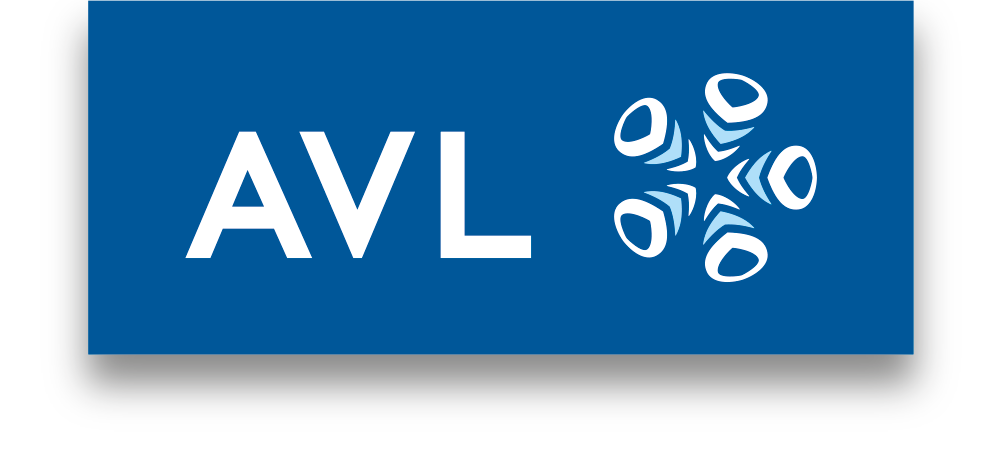
MORE DETAILS

AVL is a Austrian prominent global mobility technology company that pioneers innovative solutions for a greener and safer world of mobility. They offer a comprehensive range of methodologies and technologies for vehicle development, testing, and simulation. Their expertise covers vehicle architectures, new propulsion systems, and energy carriers. AVL is committed to driving affordable and innovative solutions for climate-neutral mobility, including hybrid, battery electric, and fuel cell technologies. They provide a broad spectrum of services, including simulation, virtualization, test automation, ADAS/AD, and vehicle software. With a strong focus on innovation, AVL aims to make safe, comfortable, and environmentally friendly mobility accessible to all.
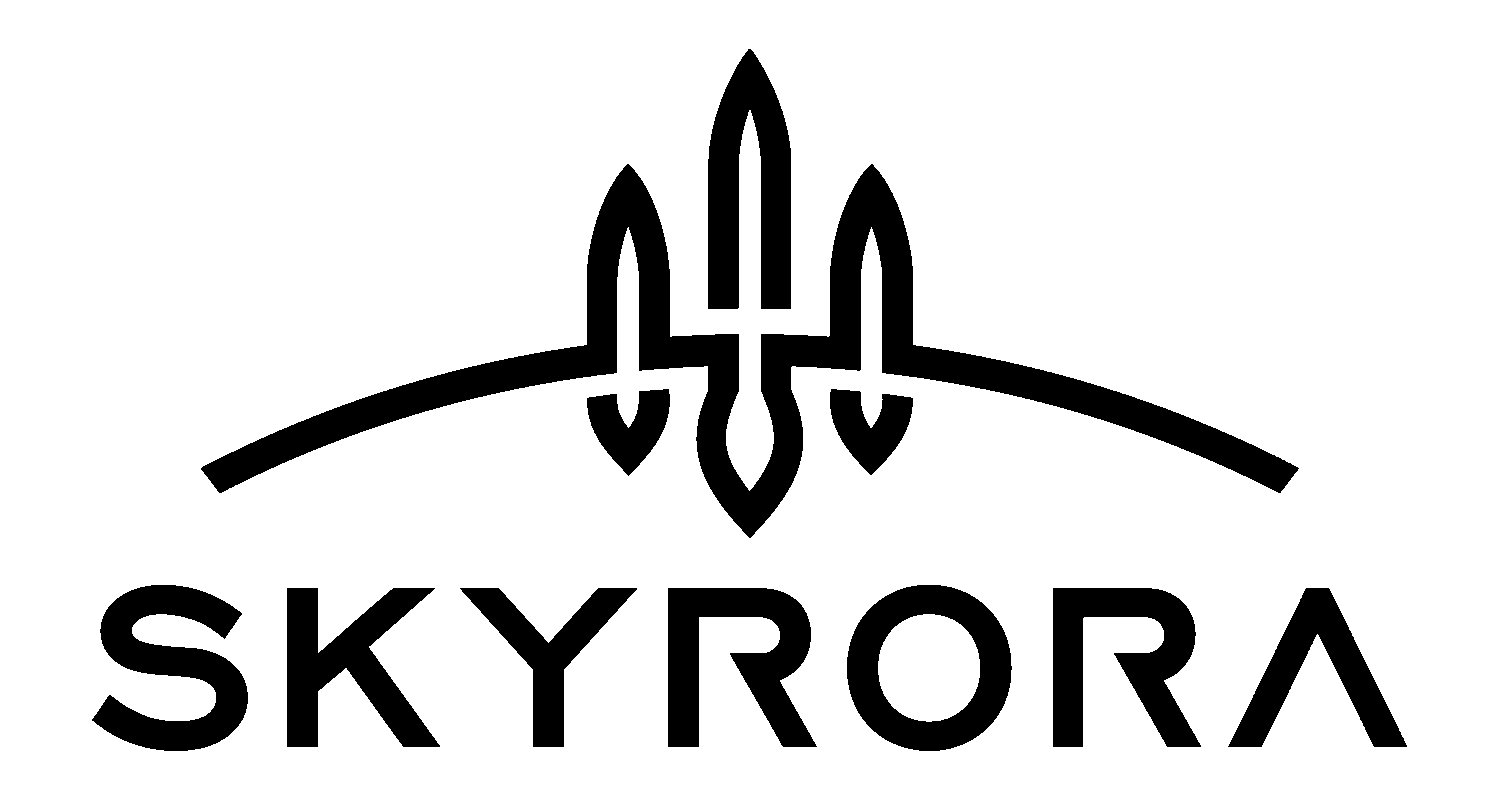
MORE DETAILS

Skyrora designs, manufactures, and deploys rockets to clear the way for small satellite manufacturers looking to access space. Headquartered in Edinburgh with facilities located across Europe, Skyrora are developing launch vehicle technology to ensure that the life-changing benefits of space are realised here on Earth. Skyrora are proud to be working with an innovative subsidiary centre located in Dnipro. This supportive collaboration allows the company to grow and develop as we move towards our primary objective.
Skyrora's corporate values are centered around education, sustainability, community engagement, responsible procurement, and innovation. They prioritize inspiring and educating future generations through STEM activities. Environmental sustainability is a key focus, with efforts to minimize waste, emissions, and resource consumption. Skyrora actively supports local businesses, schools, and communities, fostering a positive societal impact. They seek sustainable procurement routes and aim to work with local suppliers to reduce their carbon footprint. Additionally, Skyrora invests in innovative technologies and research, such as developing sustainable alternatives like Ecosene, derived from unrecyclable plastic waste. By upholding these values, Skyrora aims to conduct business responsibly and contribute to a more sustainable space industry.